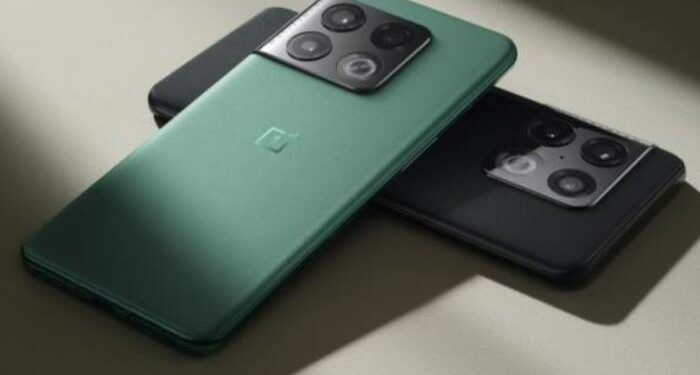It seems remarkable that a company that employs more than 1.6m people worldwide has never in its 28 year history allowed a union to organise in its home base of America.
In a small way or a Smalls way, that changed today for Amazon, with a vote on union recognition at its warehouse known as JFK8 in the New York borough of Staten Island.
As Dave Lee reports, Chris Smalls, president of the Amazon Labor Union (ALU) there, had led a grassroots campaign that led to a decisive vote to create the first-ever union at an Amazon US facility. The final count was 2,654 votes to 2,131 in favour, with only a simple majority needed.
Separately, a rerun of an Amazon union vote at the BHM1 facility in Bessemer, Alabama, saw the organised labour effort there look set for defeat again, but by a narrower margin. The “No” vote had a lead of 993 to 875 at the conclusion of the count, although 416 challenged ballots could still sway the result.
Amazon is America’s second-largest private employer after Walmart and has said it feels unions are unnecessary and that its employees enjoy industry-leading pay and benefits. But it has seen its practices come under intense scrutiny, particularly with regard to the pace of work and other conditions.
The ALU, which is not backed by any larger union groups, sprang up in the wake of unrest around Amazon’s treatment of workers during the early days of the coronavirus pandemic. Smalls was dismissed by the company in March 2020 for what Amazon said was “violating social distancing guidelines and putting the safety of others at risk”.
Amazon’s treatment of him though has served to distance itself from its workforce in New York. Victory for the ALU today has a significance much greater than the size of the vote, raising awareness among company employees, putting Amazon on the back foot and galvanising the labour movement at large.
The Internet of (Five) Things
1. Abu Dhabi involved in spyware company
An Abu Dhabi state-owned investment company has been an investor in Israeli cyberweapon maker NSO Group since 2019, during which time NSO’s Pegasus spyware has been traced to the phones of journalists, human rights activists and the estranged wife of Dubai’s ruler. Mubadala Capital is one of the largest investors in the €1bn private equity fund that bought NSO three years ago.
2. Toshiba shares rise on Bain move
Shares in Toshiba rose by more than 6 per cent on Friday after Bain Capital secured the backing of the company’s largest shareholder and opened talks with other investors on a potential deal to take the 140-year-old Japanese conglomerate private. Lex says Bain has a good chance of engineering the drastic restructuring Toshiba has long needed.
3. Tower deal Down Under
Mobile tower deals are not confined to Europe. A consortium led by Australia’s biggest pension group and Singtel has agreed to buy the mobile towers business of investment bank Macquarie for A$3.58bn (US$2.68bn), reflecting the growing appetite among funds to acquire infrastructure through private market deals.
4. Musicians mine NFTs for profits
Universal and Sony are working with Bob Dylan to sell non-fungible tokens, Spotify has been drawing up plans to add blockchain technology and NFTs to its streaming service. Anna Nicolaou looks at how the music business is keen not to miss out on the latest online hit. Anna also has thoughts on why Netflix cancels so many shows.
5. Big Tech corners AI research
The industrialisation of AI offers great promise and some peril, writes John Thornhill. Private companies, not universities, are pioneering artificial intelligence research and reaping almost all the gains. Lex has been looking at the progress of natural language processing (NLP), where artificial intelligence meets linguistics.
Tech tools — OnePlus 10 Pro 5G
OnePlus introduced its latest flagship smartphone, the OnePlus 10 Pro5G, on Thursday and tried to give it a spectacular launch by sending it 38,000m into the stratosphere, tied to a weather balloon, so that its second generation Hasselblad camera could take the perfect shot of the horizon.
It will need more than that to stand out from a slew of flagship smartphones announced in the past few weeks, says Ben Wood, chief analyst with the research firm CCS Insight. “At £899 / €999 it is competitively priced . . . success will depend on how much OnePlus and its channel partners, notably Vodafone, are able to invest in marketing the device,” he said.
“Compared to the heady days of early OnePlus launches when its fans would be whipped up into a frenzy when a new phone arrived, this is a relatively muted affair. These days OnePlus has a far more mainstream offering that makes it harder to differentiate its phone from rivals.”
Other features include superfast charging and a 6.7in screen with a 120Hz refresh rate. The Verge already has a review and finds the camera lags behind the competition.











